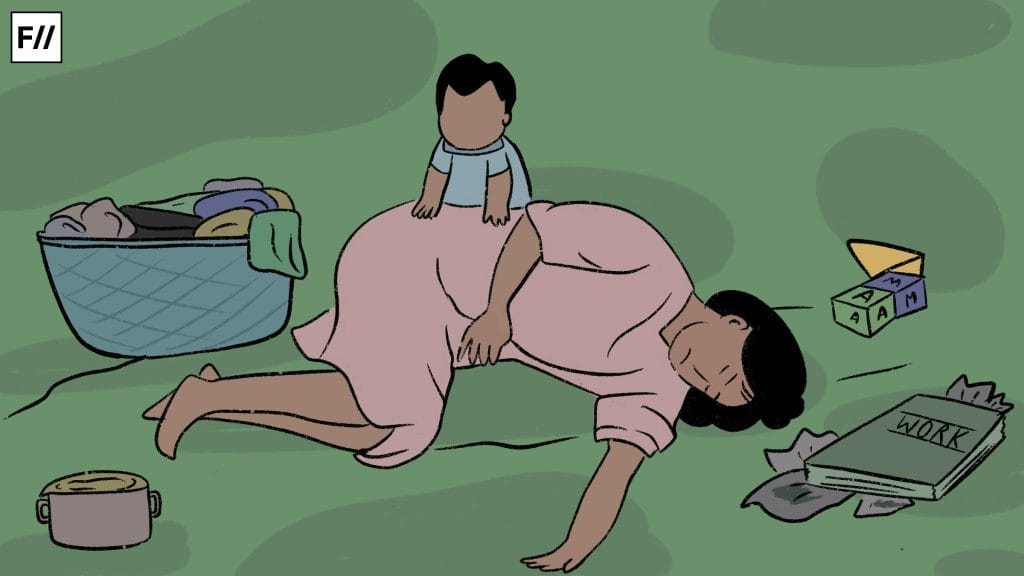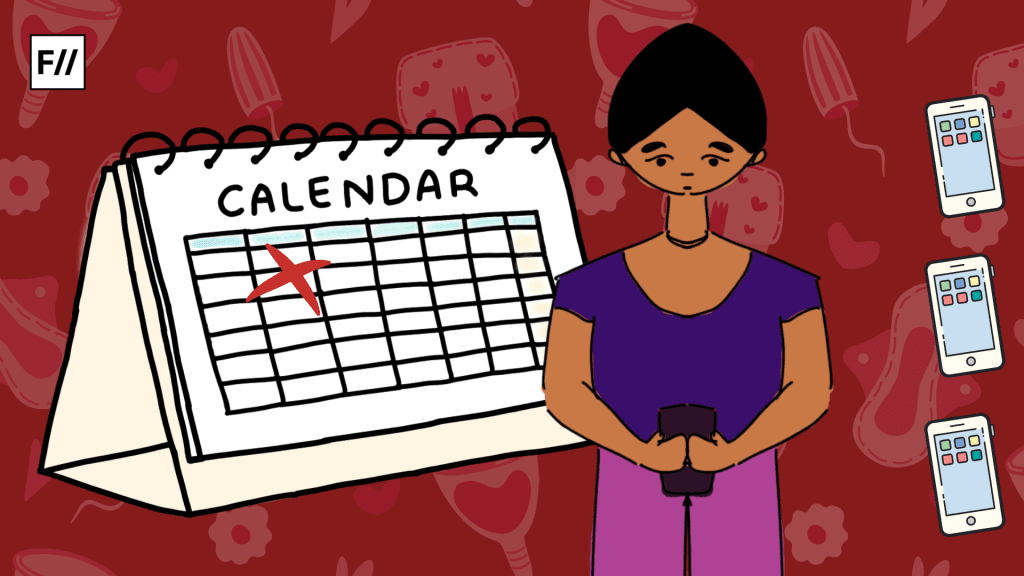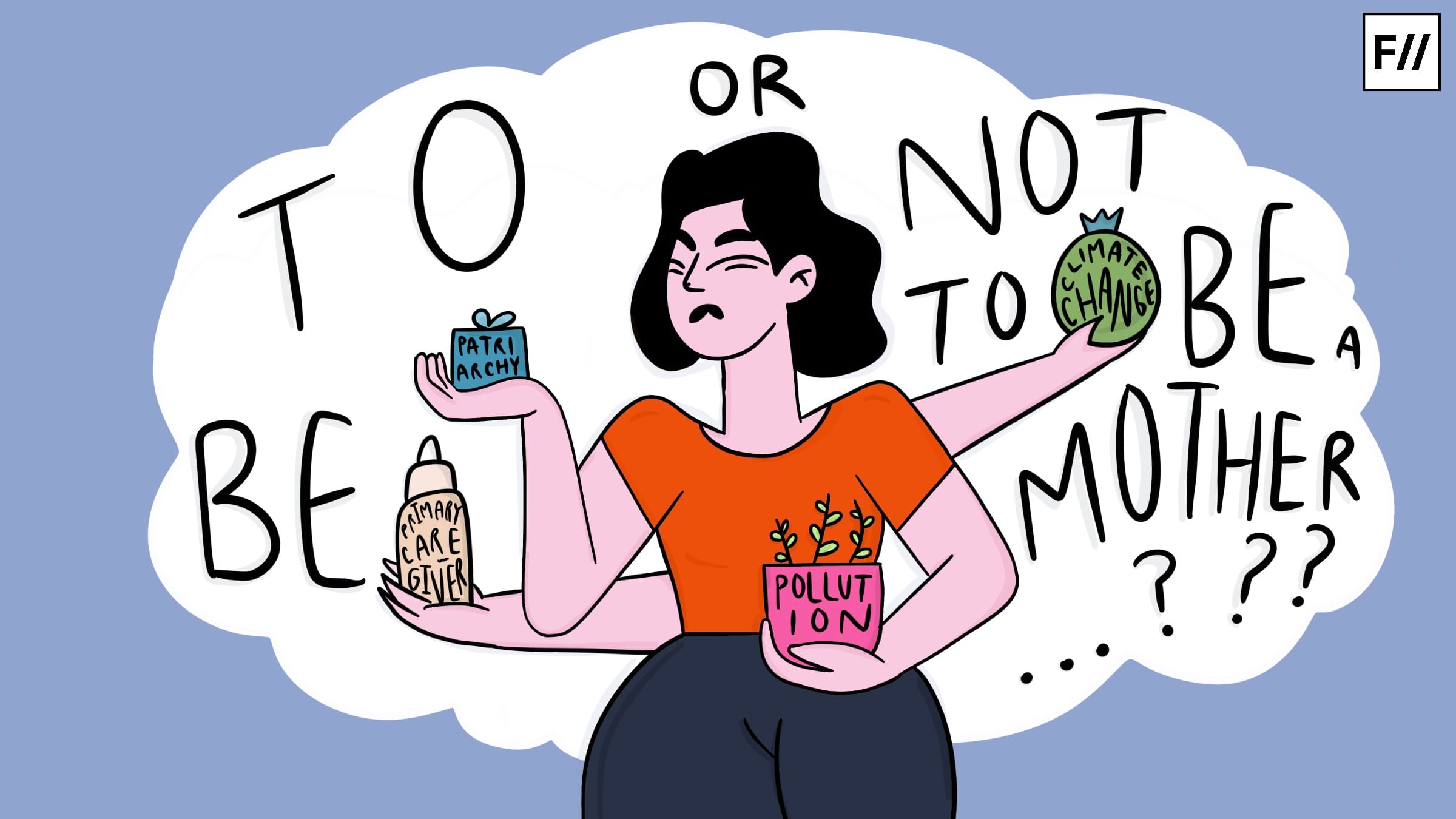“Have a baby when you are truly ready to raise one” seems to be the most well-thought-out advice given to women of the current generation. But no one talks about how to access this ‘readiness.’ Feminist discourses remind us how it is essential to prepare for pregnancy only when you are physically, emotionally and financially ready. However, this decision has to be accelerated because you have a ‘ticking biological clock.’
Scientifically, doctors across the globe opine that pregnancy complications and chances of infertility are most likely to occur after the age of 35. I got married at 28 to the love of my life, and we are sorting our lives together. A struggling research scholar who technically hasn’t started her career and has nothing but apprehensions about her future, I ponder every day: is this the right time to plan for a baby?
I’m from a generation of women whose grandmothers had babies at 16 or 17 and whose mothers became moms before 25 or 30. My grandmother has spent her entire lifetime caring for her children and in the kitchen. In contrast, my mother had the ‘double privilege,’ of being a working mom, thus taking care of her children, kitchen, and work. It made me realise that they have never lived for themselves.
However, being a woman of this century, when the whole world is at my disposal, I understand that it is not selfish if I want to live for myself, focus on my personal growth and explore the world. I was 32 when I took a trip to a foreign country for the first time, igniting a desire to travel more.
I have tasted that freedom, and it isn’t easy to let that go. And that makes me wonder, “Is it truly worth sacrificing all this for a baby?”

When I say this aloud, I am surrounded by many opinions convincing me that I can do both, but is it so? Being pregnant for nine months, being a breastfeeding mother for one or two years, and being responsible for a tiny human being, no one can deny the biological reality of the female reproductive body. These undeniable abilities of the female reproductive body are also tied to specific duties. Thus, your destiny is somehow bound to your reproductive capabilities, which confuses me. “Am I ready for this painful endeavour?“
Suppose I do both; for instance, if I decide to pursue my career along with motherhood, I would want my mother or mother-in-law to take care of the baby, or I would need a babysitter, which further leads to the exploitation of less-privileged women under the cloak of caregiving. Also, many working mothers do not have the financial stability to appoint a domestic worker. I have seen many of my peers depending on their mothers or mothers-in-law for their newborns, which makes me think again, “Should I make my mother or mother-in-law go through this entire ordeal of raising a baby again?“
In a country like India, where maternity benefits are still limited to a small section of public and private firms, how are women expected to navigate through motherhood and career?
Furthermore, mothers and mothers-in-law have their stern belief systems, slowly disciplining your body, habits, parenting styles, and time, amongst other things. I have fought these belief systems to shape my opinion and independence and be myself unapologetically. This fight involved a lot of inner turmoil, shaming, cornering, and isolation. It was never an easy journey for me. I am aware that becoming a mother in this patriarchal society is even more challenging and may lead to more fights. Thus, I reflect again, “Do I still have it in me?”
Also, once you become a mother, will the situation be the same in your workplace? No. You suddenly come across as this working mom whose excuses to take care of the baby hinder your organisation’s ongoing projects. After marriage, in most of the interviews I have attended, I have faced camouflaged questions, seeking answers to whether I am planning for a pregnancy anytime soon. In a country like India, where maternity benefits are still limited to a small section of public and private firms, how are women expected to navigate through motherhood and career?
As someone interested in discourses on mental health, I know how vital parenting can be. Parenting acts as an antidote to many of the mental health problems, although it demands time and effort. As someone still healing, I wonder, “Can I at least be a decent parent?“
On certain days when scrolling on Instagram, an adorable cute reel of a toddler that pops in my feed makes me want to pursue parenthood. On other days, the reason could be the existential dilemma of finding meaning in my life: without a child, will my life be fulfilled?

It could also be a FOMO or a purely selfish reason of ‘Who will take care of me when I am old?‘ Also, the idea that having a baby is an achievement pushes me to try motherhood because I consider social validation necessary. I have no one to look up to, observe, or learn from to know how a childless woman can navigate her life.
Hence, with all these confusions and financial instabilities, how can I access this “readiness?”
What is that exact condition that will make me feel ready? The government offers zero accountability and assurance in this journey of parenthood. There are no affordable and secure childcare options, flexible work arrangements, or paid parental leaves, irrespective of one’s gender. Again, the hardest part is that you must not delay this decision because you have a ticking biological clock that screams, “Girl, you have no time.”
Although the technology offers the solution of egg-freezing, how financially feasible would that be for a middle-class woman like me? Also, how trustworthy will those unregulated fertility clinics be? Nevertheless, the decision to pursue parenthood depends solely on your ability or the extent to which you can compromise or sacrifice your dreams. Unless you can figure that out, you will stay confused and at odds with your biological clock.





